The subject of the Ukrainian provocation in the Kerch Strait continues to be at the center of the international agenda. Experts from all over the world agree that tensions are intensifying, however, there are different points of view concerning what pushed Ukraine to conduct such a provocation in the first place. Many analysts call the action a political move from Kiev on the eve of the coming parliamentary elections in Ukraine. However, such a point of view implies that Ukraine has “independent political figures” acting of their own accord. In Ukraine, the pro-American political line is dominate, and politicians act in the interest of America rather than for national interests.
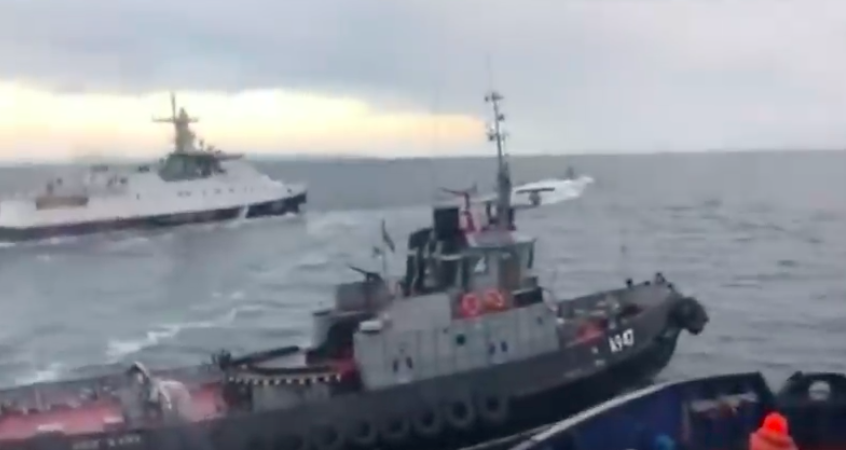
Taking this into account, it is better to search for the reason behind the provocation beyond Ukrainian borders. To begin, let’s briefly recap recent developments: a few weeks ago, the ceremony for the completion of the deep-water portion of the TurkStream gas pipeline was held. Passing under the Black Sea, the pipeline is designed to provide Russian gas supplies to Turkey and Europe.
It is known that this large-scale project (which will be put into operation in January 2020) is extremely disturbing to Washington, who is developing their own plans to supply slate, gas, and oil on the European energy market. At the same time, the US is dissatisfied with increased Russian-Turkish cooperation; Germany’s strategic rapprochement with these two countries is also threatening America’s position in Europe. In this regard, escalation of tensions on the Black Sea right after a major milestone in the TurkStream project was completed cannot be regarded as mere coincidence.
Another crucial event was the granting of autocephaly to the Ukrainian Orthodox Church by the Constantinople Patriarchate. The Ukrainian Orthodox Church is now separated from the Moscow patriarchy. It would be a mistake to consider this subject only a religious question. Actually, the separation of the Ukrainian Orthodox Church from the Moscow Patriarchate, made by hands of the Constantinople patriarchy which enjoys the support of the US, is an important step in terms of a regional geopolitics. These events are not taking place independently of each other, they are parts of a unified large-scale plan.
The issue is connected with the statements of countries in the EU regarding plans for the creation of “United European army”. It quickly became clear that the issue is not only to create a new army but also about taking steps put some controls on NATO and even counteract the Alliance. Needless to say, the US is unhappy with the proposal, a fact illustrated by Donald Trump’s hostile comments. Right after the first statements were made about the formation of a European army, violating all rules of diplomacy, Trump reminded Macron that in World War II, Americans saved France, saying: “They were starting to learn German in Paris before the U.S. came along!”.
This single phrase by Trump clearly demonstrates the US’ attitude toward Europe. Saying “Europe has to repay a debt to NATO”, the American leader showed that as far as Washington’s concerned, all events should be regarded from the perspective of American economics and American hegemony.
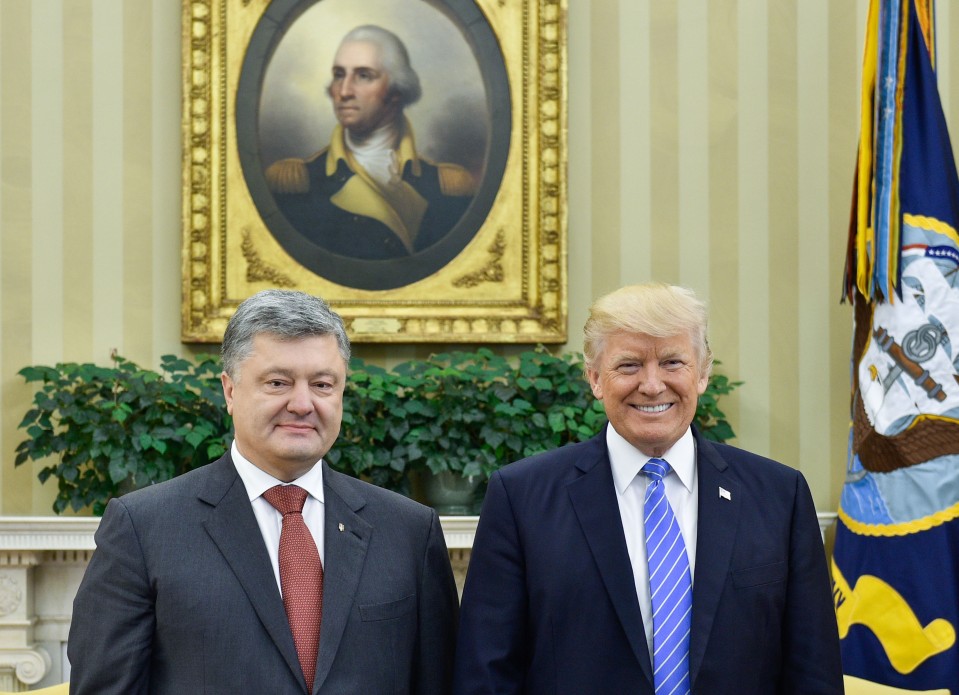
At almost at the same time, a topic appeared in the news that hadn’t been discussed for nearly decade: specialized groups organized to make assassination attempts against major European political figures.
While media in France were dazzled with headlines about the prevention of a far-right attack against Macron, the public of Germany was shocked by revelations of a similar group within the ranks of the German army who developed a contingency plan targeting representatives of the German political elite.
Before these events even took place, the US withdrew from the Intermediate-Range Nuclear Forces Treaty, thereby turning all of Europe into a zone of potential military operations. The arms supplies America sends to the international terrorist organization PKK and its Syrian branch the YPG also indicates the US’ attitude toward the region.
We can then conclude the following: the US feels its position is being threatened by other powers seeking to break-up the unipolar geopolitical system. America has run out of words and ideas to convince the masses to follow their lead. People around the world do not want to keep American hegemony afloat with the price tag of unemployment, hunger, and war. The American administration, in response, is ready to plunge the whole world into chaos to keep its advantage. At this point, the US sees Russia as its primary enemy. America, having surrounded Russia from every direction, wants to interfere with politics in Eurasia and stop the formation of a large military force which could resist them. To achieve this purpose, they are ready to use any opportunity to ignite conflict and create chaos. Naturally, it has allies in its efforts. For example, Israel, whose provocative actions caused the destruction of a Russian Il-20 plane in Syria, or Daesh terrorists who are used as cover and justification for US presence in Syrian territory, and, of course, the large number of public organizations, journalists and politicians the US cultivates around the globe to influence the public.
Ukraine is just one of the countries used by the US to maintain their hegemony. In other words, any action by Kiev cannot be considered an independent action of the Ukrainian state. In spite of the fact that in the foreground we see Ukraine, the source of all of the provocations mentioned is the United States.
One question remains: how do nations resist such provocations? The answer is not to take up a reactionary position and concentrate all of our actions directly against the US: this would mean following Washington incessantly, beholden to its actions, playing solely on the defensive. The correct strategy is the development of a larger-scale idea: this idea we can call multipolarity – a system that can provide a fair, thriving, stable world order.
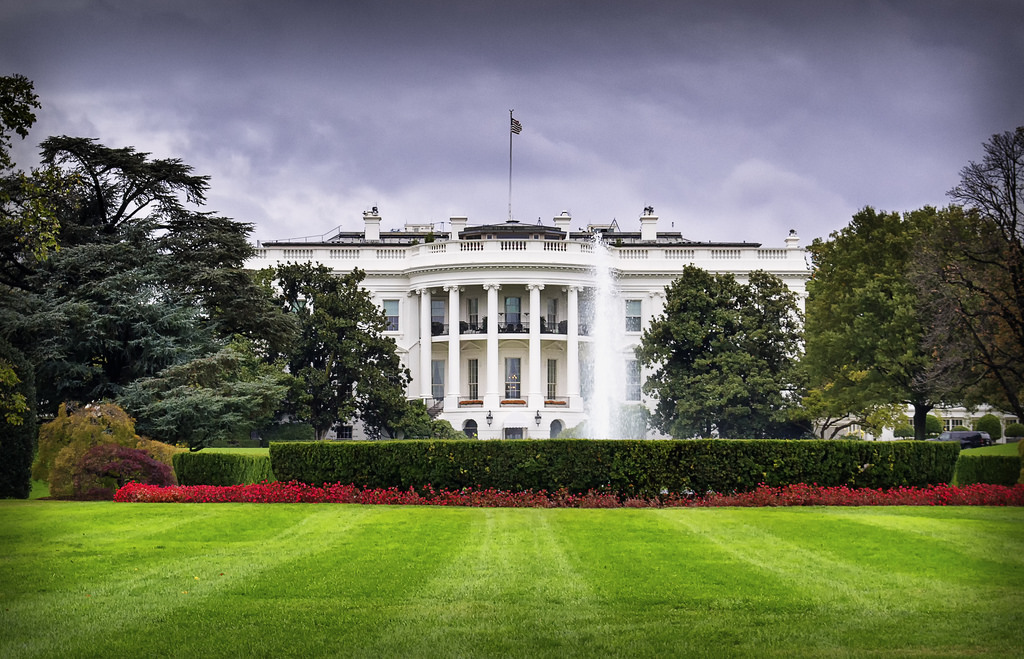
To realize this idea, it is necessary to counteract the “Ukrainian” provocation in the Black Sea and related events by increasing cooperation with countries in the region, to develop a new strategy of mutually advantageous interaction. This includes supporting Iran in its opposition to the US’ sanctions regime, clearing the territories east from Euphrates of the American military and the Kurdish paramilitary groups and stimulating the formation of regional unions as opposed to American policy and ideology. Only then will we develop peaceful solutions, and save Ukraine from its current role as an American puppet-state.


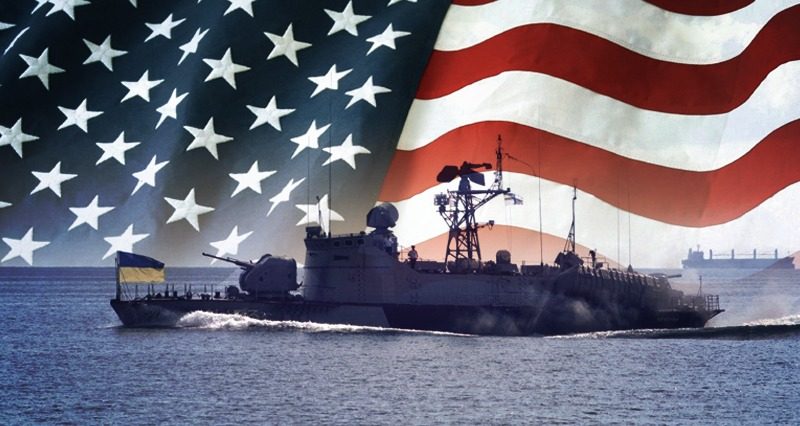



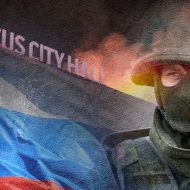
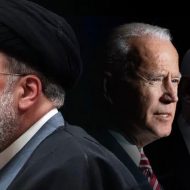

Leave a Reply